Fresh dill: A great herb to keep on hand
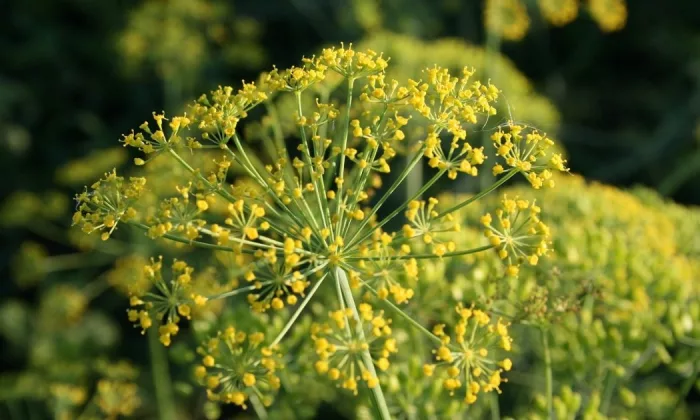
Do you like the smell of a fresh dill? If so, forget about the dried herb. Naturally, fresh herbs smell much better and taste better too. Dill is a spice, but it may also be used as vegetable or medical herb. All its parts, outside, of the root system, are used. Most often, we use the leaves and the stems, but also the flowering buds and seeds are used. Growing this plant is very simple. We shall tell you how to grow it properly, but before that why don’t we describe this interesting spice a little.
Undemanding plant that grows up to 1 meter
Anethum graveolens belongs to the Apiaceae family. Dill was already known in the ancient Egypt, where they called it ammisi. It blooms from June to September and produces small yellow flowers that form relatively large clusters. If you sow it in autumn it will bloom later. Dill is usually sown in dense rows approximately 25 cm apart. But even if you throw the seeds anywhere in your flower bed your dill will grow. Several of them will germinate just fine. Dill is very easygoing and will not bother other plants in any way, it will multiply by itself, or by sowing. Dill is an excellent “marking plant” and it is used for example, to compare how fast carrots, onions, parsley or other crops are growing.
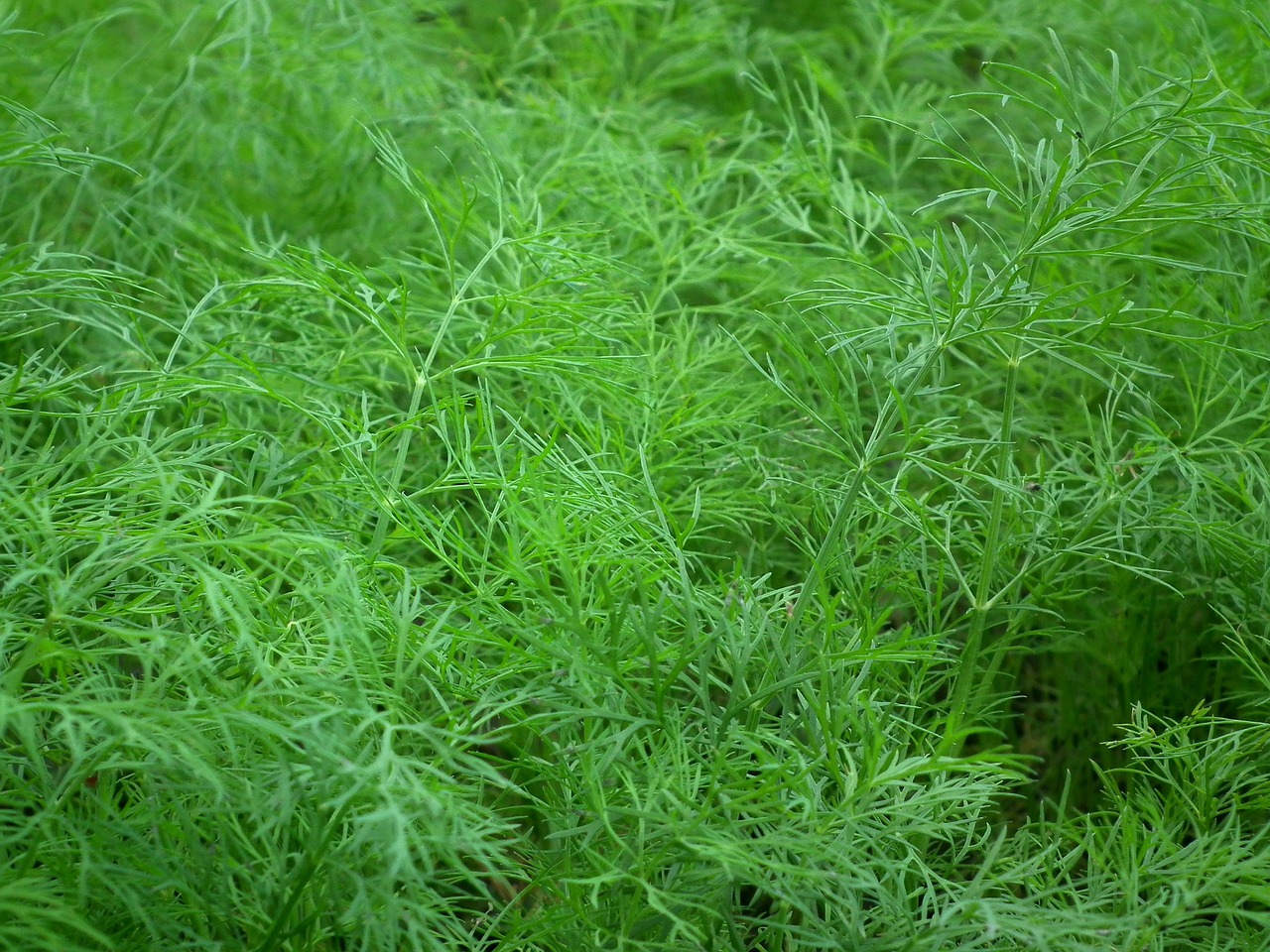
How to care for dill?
Dill needs plenty of sunlight and warmth to grow properly. We will probably not get much sun these days but do not be afraid to sow few seeds. Just avoid very windy places. As for the soil, you should provide a loamy soil, which is sufficiently permeable and contains plenty of nutrients. Dill may also be used as second or third crop on your veggie bed.
Photo: Pixabay
Avoid the following
You should pay special attention to fertilizers that contain chlorine. Dill is very sensitive and most likely would not survive an exposure to larger amounts of chlorine. Further, it does not grow well in wet soils but it does not like soils that contain many stones either. Also, you should not plant fennel near dill, and finally, if you plant dill too dense you make it vulnerable to aphid attack.
Photo: Pixabay

Gardening is my hobby, I have a lot of experience and I am happy to share it.
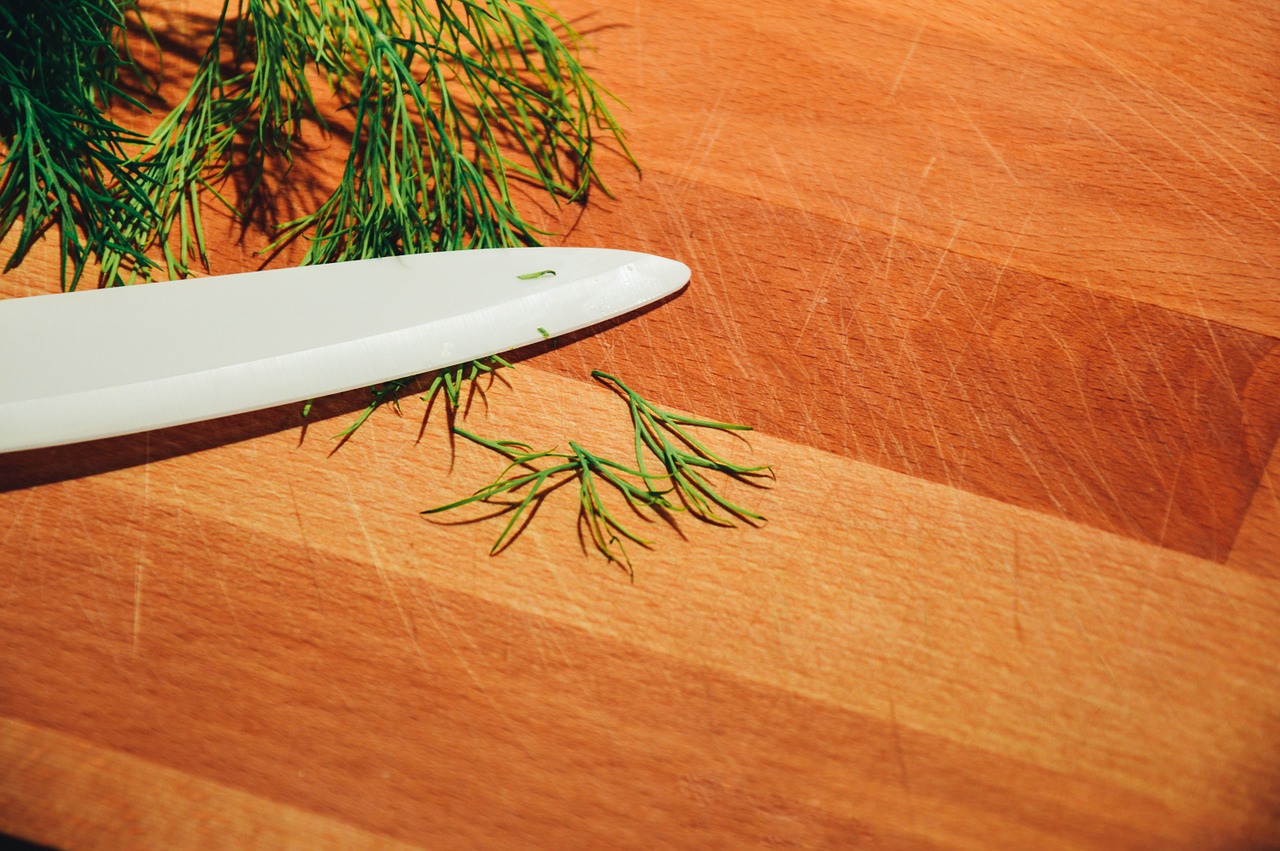


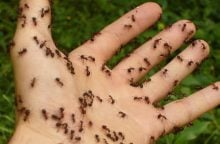

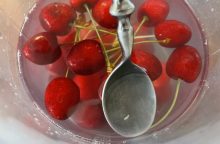
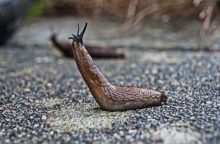

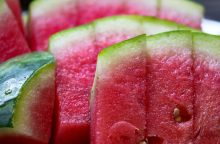
0 comments